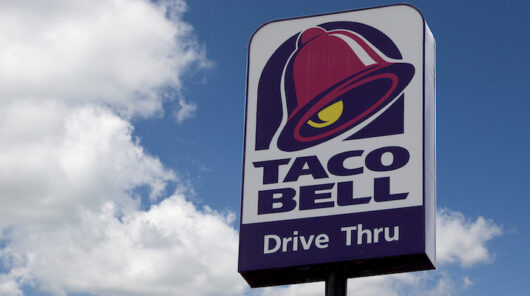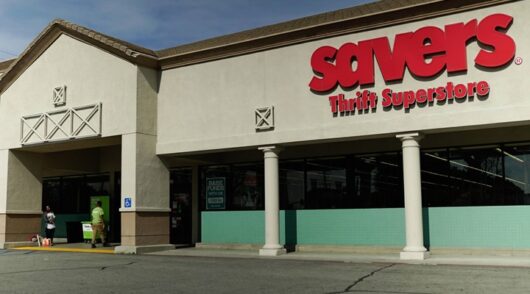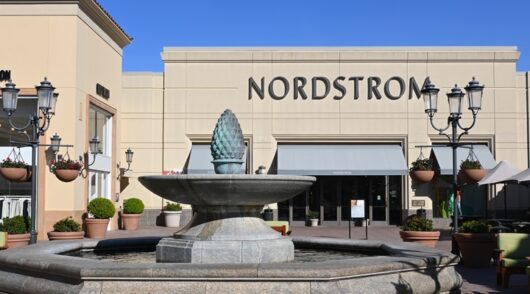Earlier this week, Mytheresa made headlines with the announcement of its acquisition of the struggling Yoox Net-a-Porter (YNAP) from luxury conglomerate Richemont for €555 million (US$609 million). In return, Mytheresa will issue shares to Richemont, representing 33 per cent of its fully diluted share capital. The deal is slated to close early next year. Strategic exit for Richemont Daniel Langer, professor of luxury strategy at Pepperdine University and founder and CEO of the luxury advisor
y advisory firm Équité, said that Richemont’s 33 per cent stake in Mytheresa provides an opportunity to offset some losses if the merged company performs well.
“The deal enables Richemont to refocus on its core luxury goods operations without the distraction of a struggling e-commerce platform,” he said. “By divesting YNAP, Richemont aims to stop the ongoing financial drain on its resources.”
In 2015, Yoox acquired Net-a-Porter shares from Richemont, leading to the formation of the YNAP Group through a merger. Richemont later consolidated its control over YNAP in 2018 by acquiring 95 per cent of the company’s shares.
Richemont scrapped the deal to sell a 47.5 per cent stake in YNAP to Farfetch last year after South Korean e-commerce giant Coupang rescued Farfetch from the brink of bankruptcy.
“Once Bain pulled out of the running, Mytheresa were the only serious bidder left in the process,” Mathew Dixon, partner at DHR Global, said.
Earlier this year, YNAP was reported to be withdrawing from China as the company’s joint venture with Alibaba, named Feng Mao, is anticipated to undergo liquidation.
What does it mean for Mytheresa?
While the deal with Mytheresa has ended Richemont’s long search for YNAP’s new owner, for the German luxury e-commerce site, it marks the beginning of a new chapter.
Mytheresa plans to integrate YNAP’s luxury division into its current business, forming one group with three distinct storefronts: Mytheresa, Net-a-Porter, and Mr Porter. These brands will share much of their infrastructure to create synergies while maintaining their unique identities.
“The three digital facias need to be very clear on the customer they are targeting and not to cannibalise or crossover with each other,” said Dixon.
“There is an opportunity for Mr Porter and Net-a-Porter to be a little more accessible and experimental in their buying strategy. There is a gap in the market for challenger luxury brands since the demise of Matches.”
According to Langer, while the deal significantly increases Mytheresa’s scale and reach in the luxury e-commerce sector, Mytheresa will need to successfully integrate YNAP’s operations while addressing the issues that led to its underperformance under Richemont.
“The cash injection and credit facility from Richemont provide Mytheresa with resources to drive growth but also underscore the capital-intensive nature of the business,” he added.
Meanwhile, Dixon said the new set-up will collectively pool the personal shoppers that drive revenue from both players’ top-tier high-net-worth-individual customers.
“Previously, they were incentivised to drive sales through only one of the platforms, whereas now it is beneficial for them to have a broader selection of products to show their clients. These VIP customers are the most profitable on the platforms and make up a very significant percentage of sales.”
He also believes that Richemont can see its customer profile would work well with its brand portfolio so it is likely that brands such as Cartier and Van Cleef & Arpels will appear on the site.
“There are many benefits to this partnership. Although YNAP was on a very different operational platform, it can still be incorporated into the Mytheresa set-up and both sides will benefit from the economies of scale and the greater buying power and warehouse facilities that it offers,” Dixon said.
Complex sector
While the acquisition was not entirely unanticipated, given Richemont’s ongoing search for a suitable YNAP bidder since 2022, it is worth noting that the luxury conglomerate will receive a 33 per cent stake in Mytheresa’s diluted share capital as part of the transaction.
“It is clear they still believe in the concept of online luxury multi-brand and the consolidation of Mytheresa and YNAP creates a cleaner and more dominant market offer,” Dixon said.
Although the deal could potentially create a luxury e-commerce powerhouse, the complexities and challenges of the digital luxury market remain.
“For luxury conglomerates, owning e-commerce platforms may be less attractive than partnering with specialised digital retailers,” said Langer. “Given the broader struggles of multi-brand e-commerce platforms, the biggest challenge remains to determine what is the real value proposition for clients.”







